It's no secret that Texas State University underwent dramatic transformation over Denise M. Trauth's 20-year tenure, but her impact leaves a lasting legacy far beyond the university's borders. From San Marcos to Round Rock, regional leaders underscore how influential Dr. Trauth has proven to be in her role as president.
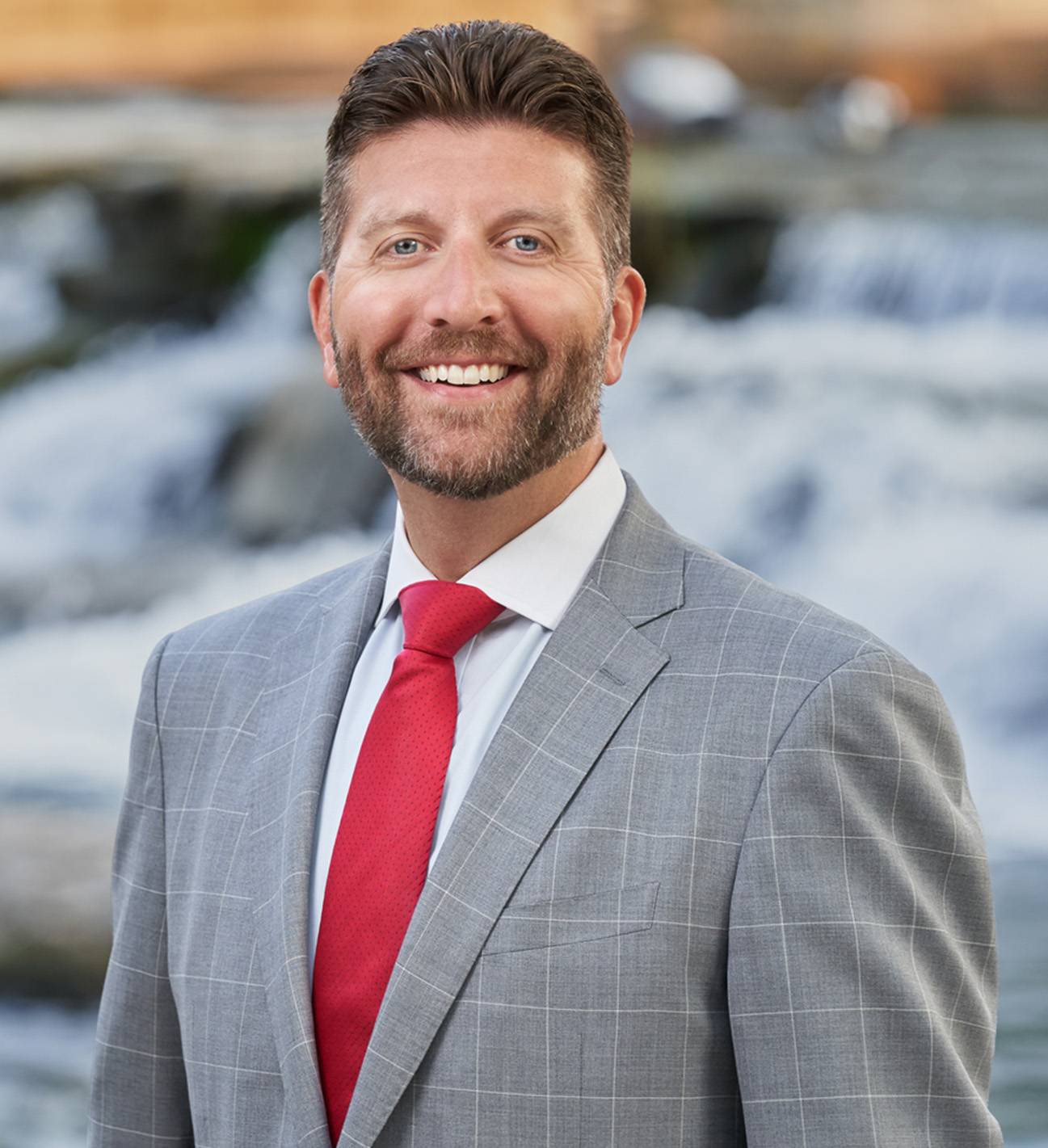
“It's hard to actually quantify how significant of an impact she's had because it's been so tremendous," says Jason Giulietti, president of the Greater San Marcos Partnership. “Really, the Greater San Marcos Partnership would not be in existence had it not been for her leadership in helping us launch this effort. This effort is meant to grow this region, pulling multiple communities and stakeholders together for the greater good of our community and making it a stronger place to live, work and play. She was instrumental in that.
“By stepping into that role, making the university resources available in so many ways, all of that helped create the momentum that ultimately birthed the organization and then ultimately has helped drive our success,” he says. “There's not a day that goes by where we're not talking to the university, collaborating or bringing businesses to the university to find partnerships. The university's role is so important, so critical in economic development, because it is such a catalyst for growth in our region.”
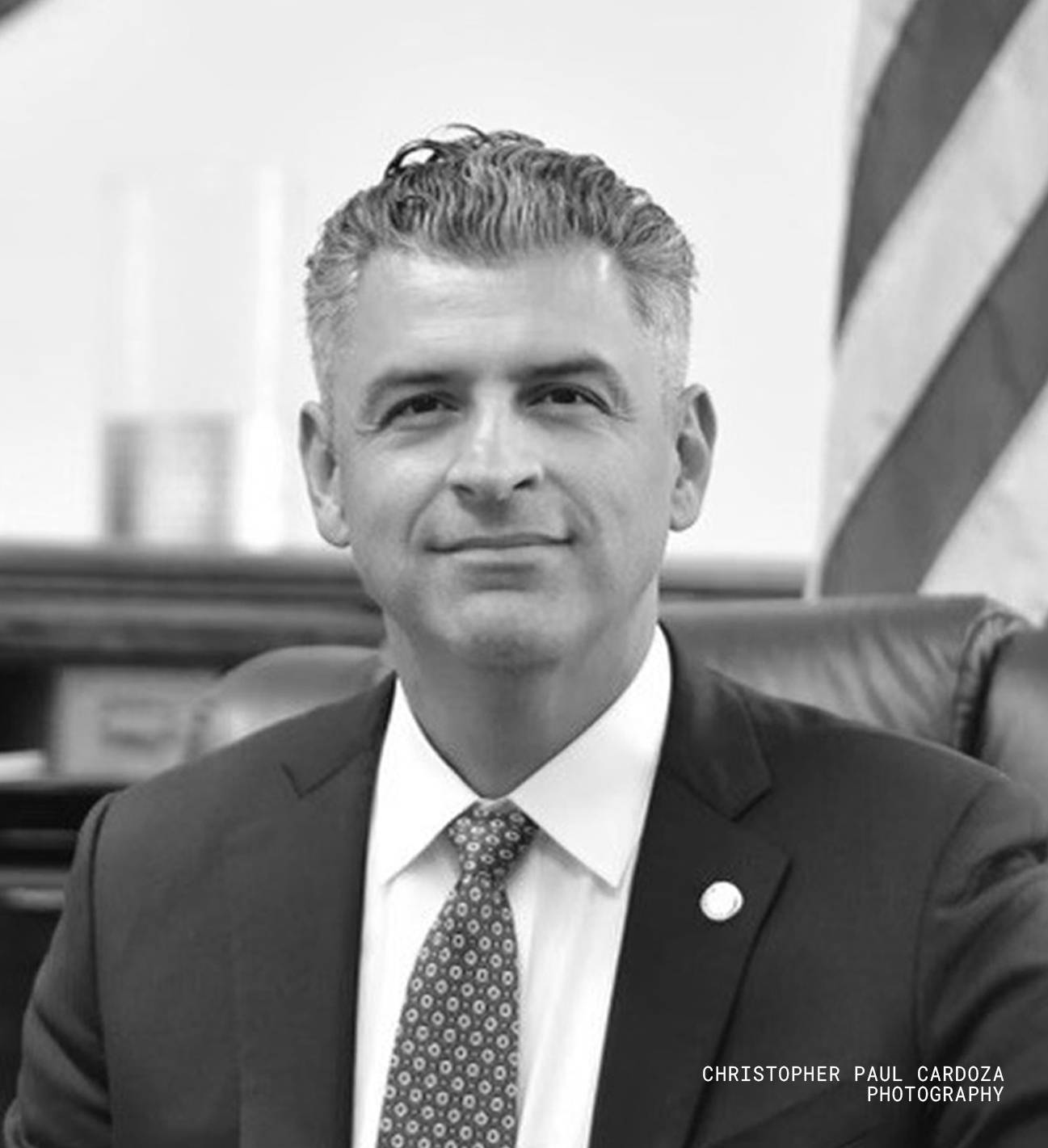
Texas State enrollment has expanded from around 20,000 students in 2002 to more than 38,000 today. Hays County Judge Ruben Becerra, a Texas State alumnus, pointed out that such growth has often led to increased "Town and Gown" tensions in other communities. In San Marcos, however, such conflict has been largely absent. "There have been times where Texas State looked like the 800-pound gorilla that was swallowing up the town. Dr. Trauth, through all her efforts, has ensured that as those concerns were raised, the sensitivity and outreach from the university was drastically improved and increased," Becerra says. "Because of that, the community that Texas State is housed in never felt overshadowed — and for that I am grateful.
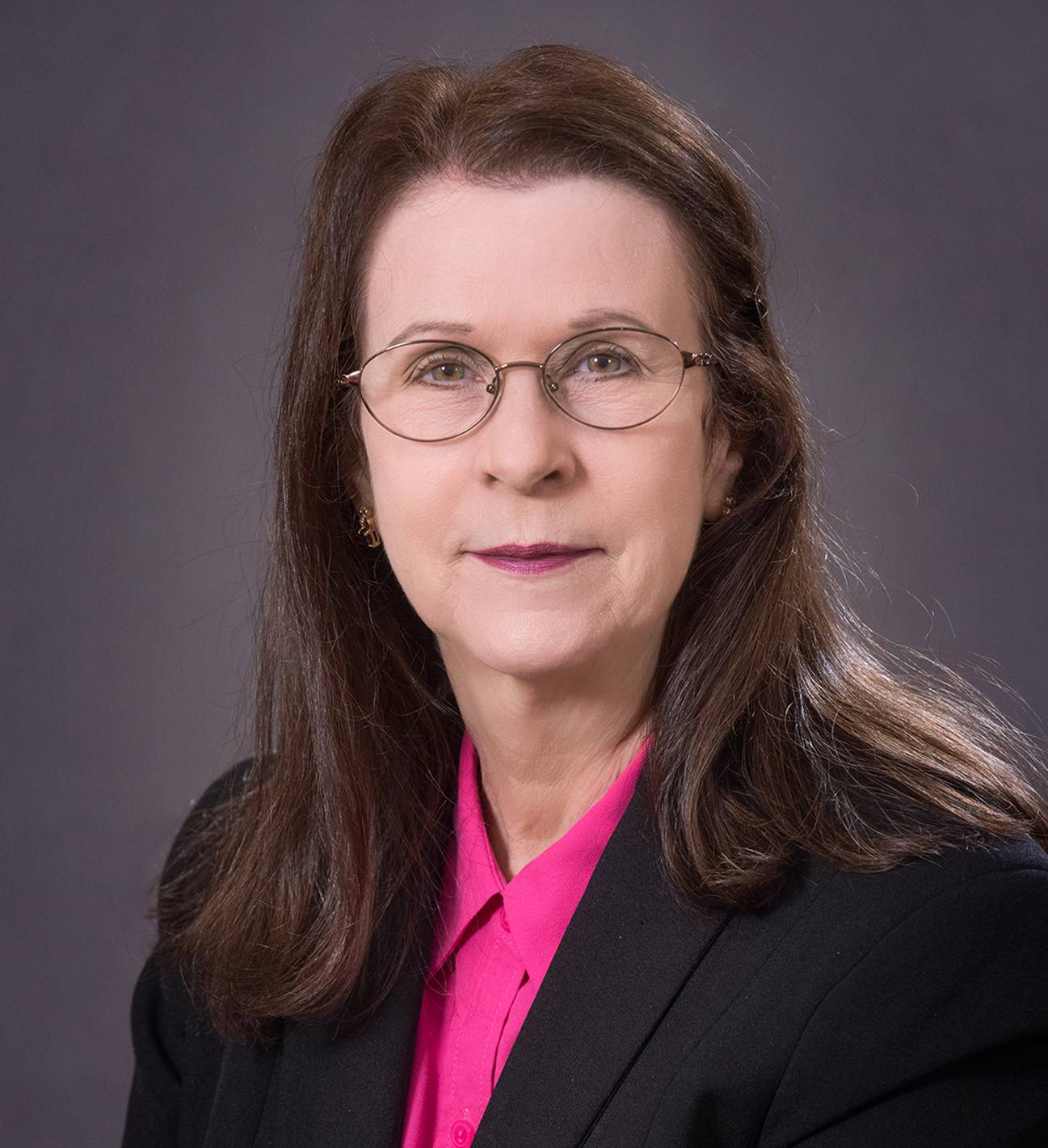
San Marcos Mayor Jane Hughson (B.S. ’75), an alumna and former university employee, praised Trauth for the extensive number of cooperative projects. "We know that we can always call on the university staff and they can call on us for assistance working on projects of mutual interest," Hughson says, citing an exhaustive list of partnerships between the two, ranging from complex projects like the Aquarena Drive overpass and transit planning to environmental issues such as water reclamation and surface water rights and the Edwards Aquifer Habitat Conservation plan.
Joint stormwater pollution prevention efforts, including the "What Goes Here Flows Here" campaign, have reached thousands of residents, businesses, and students to provide environmental awareness focusing on the San Marcos River.
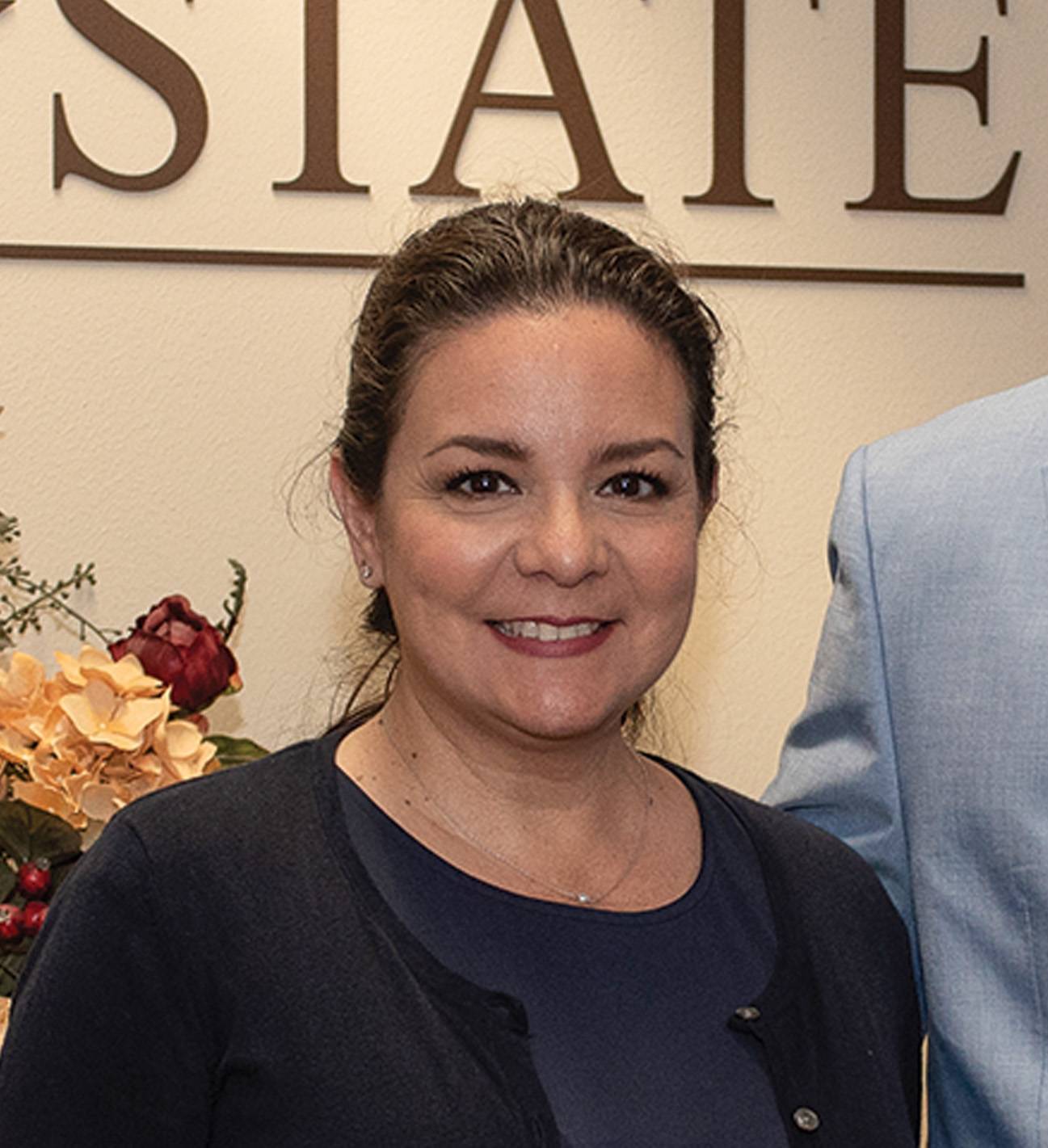
The city and university have worked closely in negotiating bicycle and scooter rental contracts with outside vendors. In December 2021, the city joined the Connected Infrastructure for Education, Demonstration and Applied Research (CIEDAR) consortium to participate in innovative infrastructure research.
“She is an inspirational and visionary leader who helped attract transformational opportunities to the Hays and Caldwell County region— now the Texas Innovation Corridor. I am so proud to have worked side by side with her on these opportunities,” says Adriana Cruz, executive director with the Economic Development and Tourism, office of Gov. Greg Abbott.
"For several years the city and Texas State have been placing special emphasis on a transit partnership," Hughson says. "This initiative has led to increased federal transit grant funding and has included the development and adoption of a five-year strategic plan for transit service. The goal is a seamless transit system that benefits everyone in San Marcos."
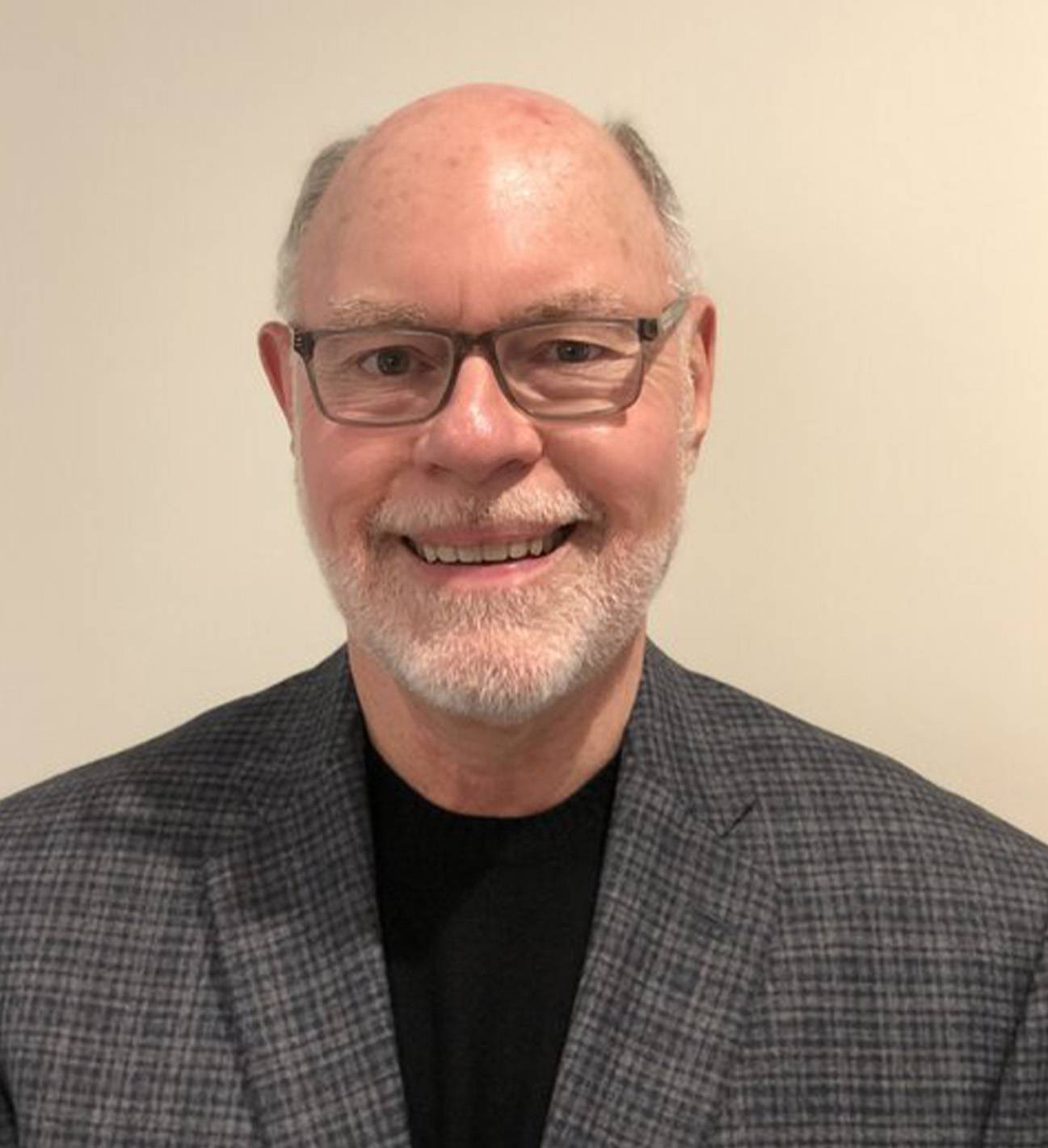
Transportation has been a recurring theme for Trauth. In 2013 she served as chair of the Greater Austin-San Antonio Corridor Council. The Lone Star Rail District came close to establishing long-sought commuter rail service between Austin and San Antonio, which would've included stops in San Marcos and New Braunfels. "That was an extraordinarily complicated 10-year effort to develop commuter service along an existing Union Pacific route. That [project] was dismantled in what I thought was a really rash decision. It was just a terrible mistake in my opinion," says Ross Milloy, president of the Greater Austin-San Antonio Corridor Council. "But Denise Trauth was one of the few public figures who pushed back on that. That's characteristic of her. She has a quiet authority about her, but she's got a steel spine and very tough," Milloy says. "She can be tough minded. I've always been delighted to work with her and impressed with everything she's done. She's an innovator."
Sandy Dochen, chair-elect of the Austin Area Research Organization, had this to say: “Her resonant voice reminds us about thinking, planning and acting long-term, just as she's done with Texas State. The presence of Texas State in two of the nation's fastest growing counties underscores its role as a regional catalyst for progress and opportunity, thanks to Denise Trauth.”
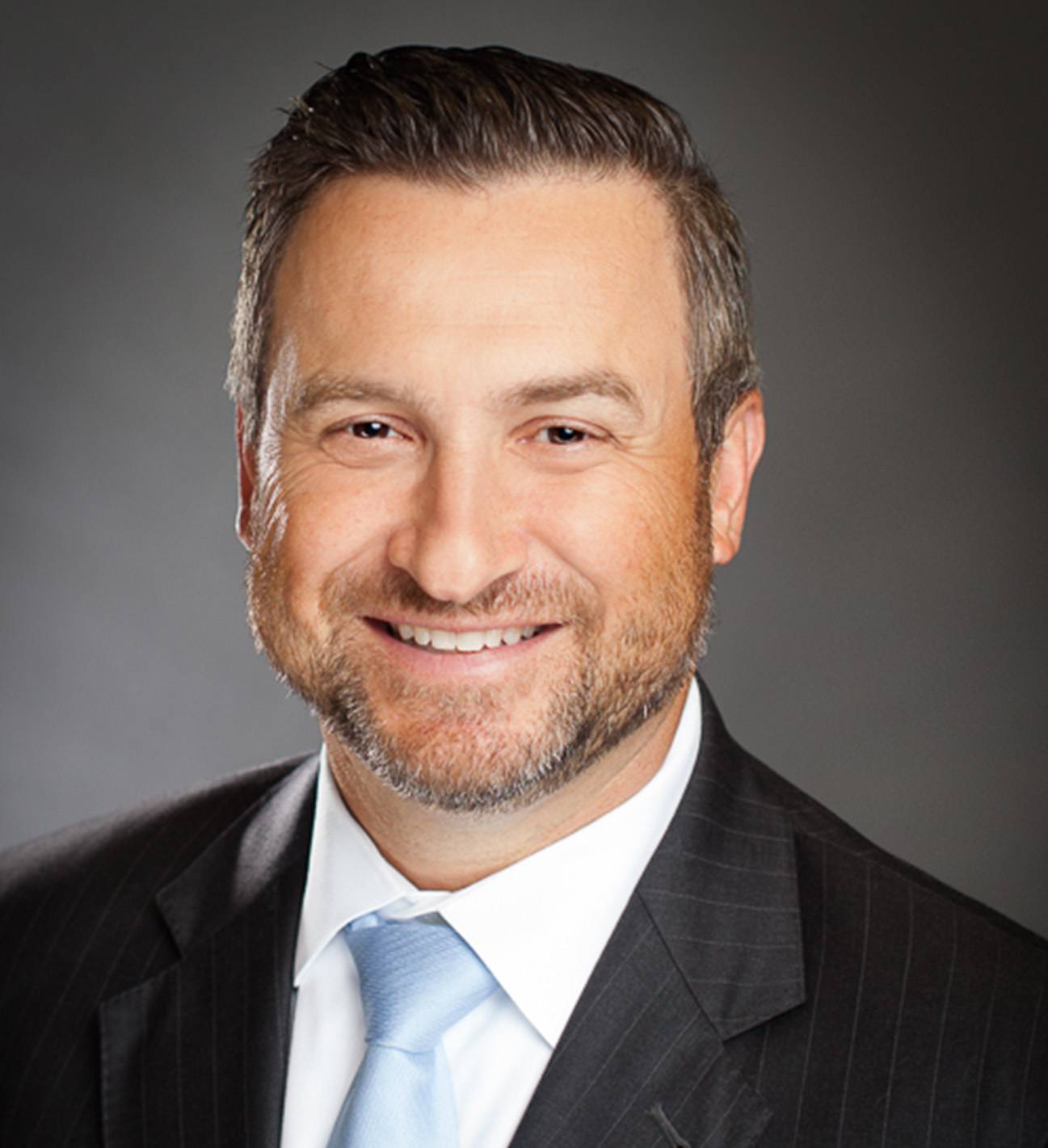
One of the signature initiatives of Trauth's administration came in 2005 with the opening of the Round Rock Campus. The move expanded the university’s reach in Central Texas and transformed higher education in rapidly growing Williamson County.
"The City of Round Rock has greatly valued our partnership with Texas State under President Trauth’s leadership, and her impact over the last 20 years has made our community a better place to live," says Round Rock Mayor Craig Morgan. "As a result of her vision, our residents have realized increased opportunities to gain a first-rate education in several dynamic undergraduate degree programs, and our community as a whole has benefitted from enhanced availability of affordable healthcare in our area.”
The opening of St. David’s School of Nursing in 2010 was a landmark event. The culmination of efforts by the College of Health Professions, the nursing program quickly gained a reputation as one of the best in the state.
"I have had the good fortune to know and work with President Trauth for many years, first as a fellow university president and currently as a partner in our shared efforts to advance healthcare access in Central Texas," says Dr. Edward B. Burger, president and CEO of St. David’s Foundation. "St. David's Foundation values the education and training initiatives led by President Trauth at Texas State University to lift up the lives of the health care workforce in our community, today and tomorrow, and positively impact our Central Texas community."
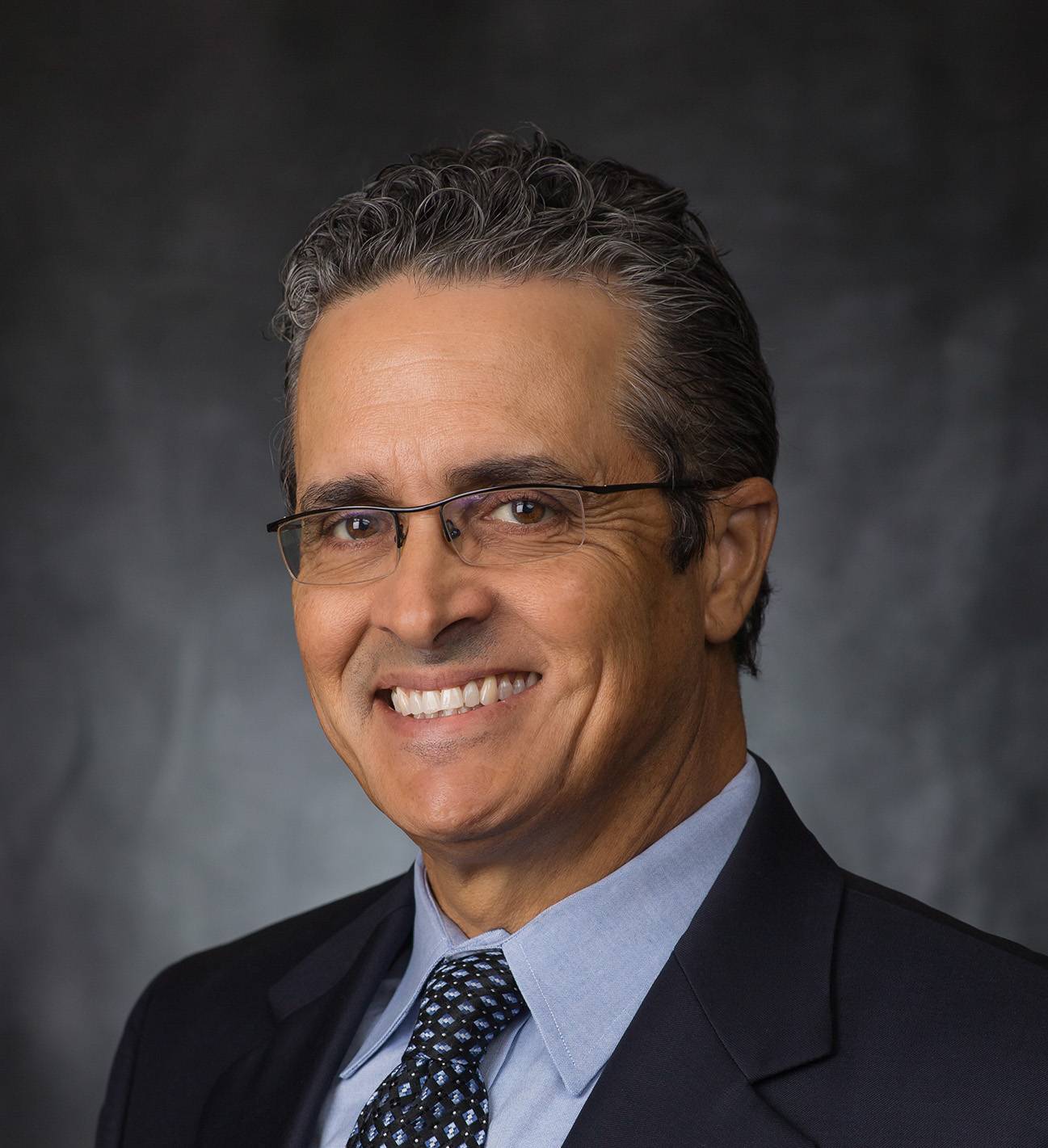
In less than two decades, the Round Rock Campus made the astonishing transformation from open pastureland to a thriving hub of state-of-the-art healthcare education in Texas.
"Under President Trauth’s leadership, Texas State and the entire community have benefitted from her strategic vision and service for nearly 20 years," says Ray Bonilla, general counsel for the Texas A&M University System and board chair of the St. David’s Foundation Board of Trustees. "Through much of this time, St. David’s Foundation has been honored to successfully collaborate with President Trauth to support the education and training of the health care workforce in Central Texas.
“President Trauth recognized the importance of having well-skilled nurses and other health care workers to support health and advance healthcare access in our community, which has been further magnified by the pandemic, and worked with the St. David’s Foundation to address this critical need,” he says. “In 2015, St. David’s Foundation was pleased to provide financial support for the Health Professions Building in Round Rock, and, through our scholarship program, we have continued to invest in Texas State’s health education and training initiatives. We are grateful for President Trauth’s long-term commitment to our community in so many ways, but particularly in her commitment to educating and increasing the skills of the healthcare workforce in Central Texas. She has been an amazing partner.”
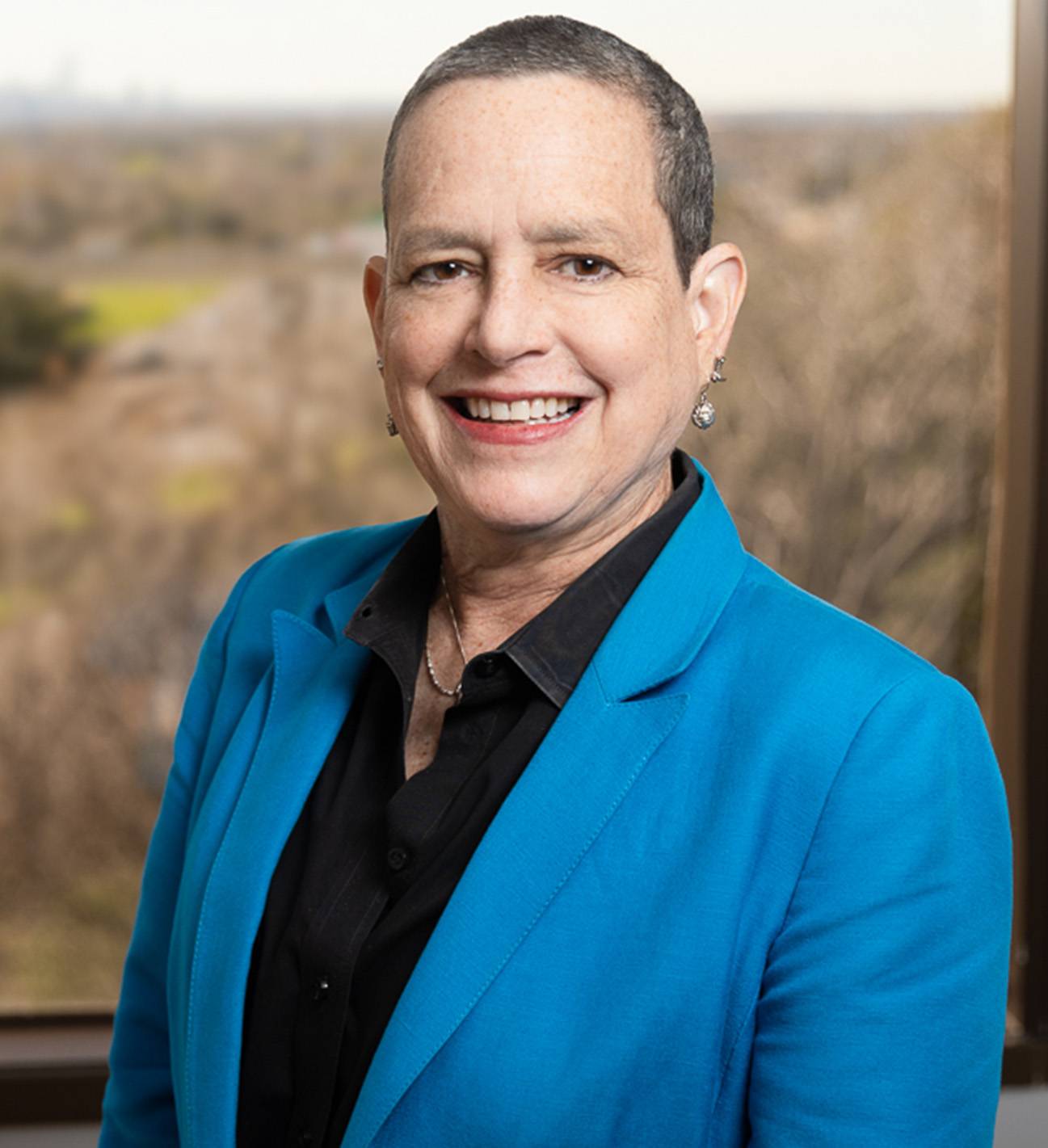
Susan Dawson is president and executive director of the E3 Alliance an Austin-based nonprofit that works to build a strong pipeline between education and regional economic prosperity. Texas State is among the eight member institutions of higher education working with the E3 Alliance.
“(Dr. Trauth’s) leadership has made a difference for both students and education systems. I used to call her our ‘rock star’ college president, but after 20 years demonstrating this level of leadership, instead perhaps we should switch to ‘legendary,’ which she truly has been for Central Texas,” Dawson says.
